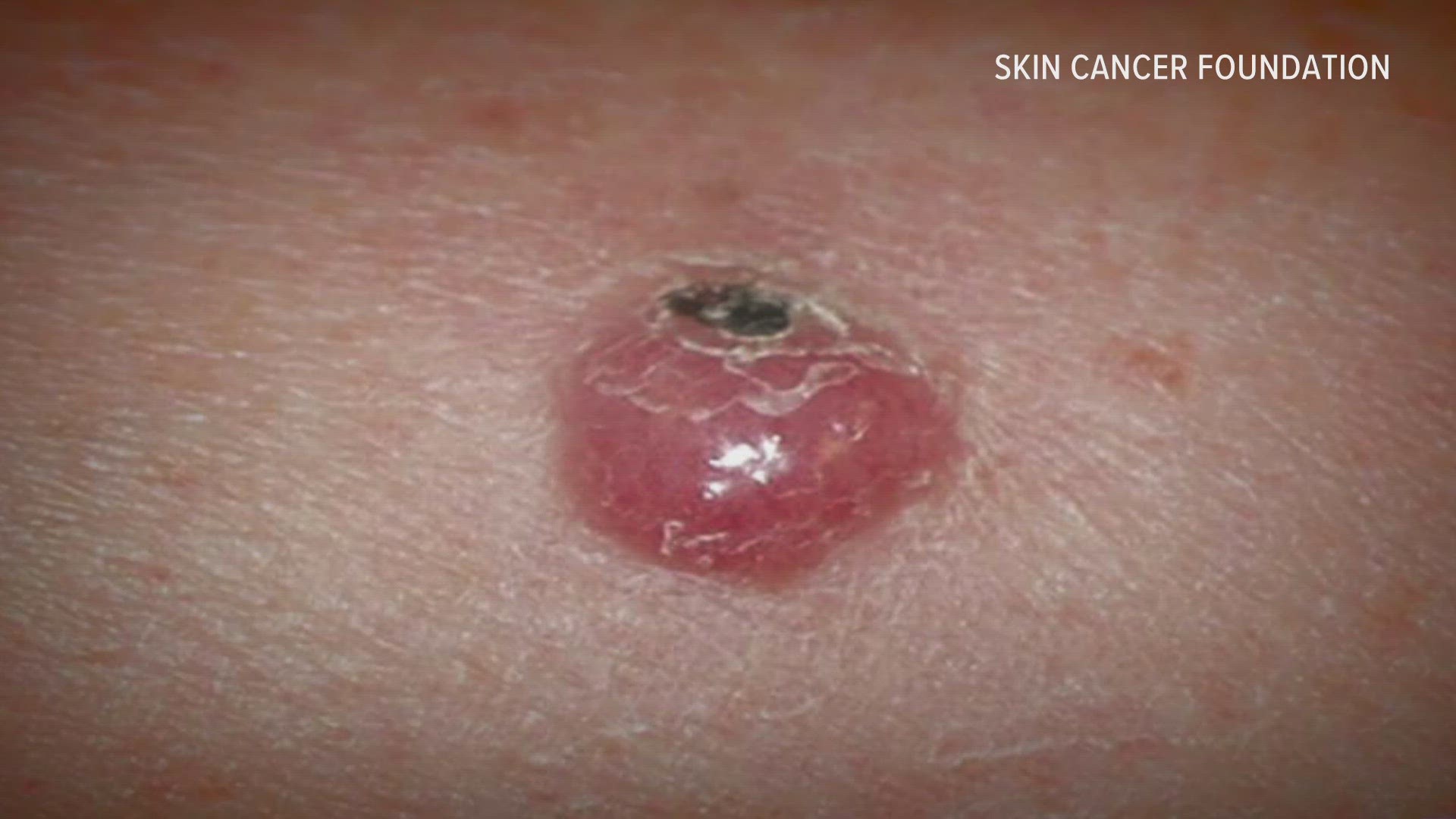NEW ORLEANS — It is now well known that Jimmy Buffet got his start as a street musician in the French Quarter, but what is not as well known, is that the breakthrough treatment for the rare cancer he died of, was first tested not far from there at the LSU Health, Scott Cancer Center.
Many people have never heard of Merkel cell carcinoma, the rare form of skin cancer that took the life of Jimmy Buffet, but Al Copeland, Jr. is very familiar with it.
“He had a bump that was forming on the side of his face, and he didn't know what it was. And he started to receive treatment, and they thought it was some type of bacterial infection,” remembers Al Copeland, Jr. about his father.
It was Merkel cell carcinoma that took the life of his dad, Al Copeland, Sr., founder of the Popeye's Fried Chicken empire, when he was only 64 years old.
“We made him a promise that we'd find a cure for the cancer at some point in time, and we eventually did, in less than a decade. So, we're very proud of that,” Copeland said.
That completely changed the prognosis.
“Well, it's really a sea change. I mean if you had metastatic Merkel cell carcinoma, as Al Copeland did, the chances with you being cured with chemotherapy, were essentially zero. With immunotherapy, patients can live years,” explained Dr. Brian Boulmay, Medical Hematologist and Oncologist, and Professor of Medicine at LSU Health Sciences Center.
Several years ago, Dr. Boulmay was part of one of the first clinical trials to test a new medication. Instead of chemotherapy, which poisons cancer cells with many side effects, immunotherapy unleashes your own immune system to kill cancer cells.
“As we came out of the testing, and it got FDA approved, 68 percent of the patients are in remission from this type of treatment, and very few are dying,” said Copeland.
And it was the money raised by the Al Copeland Foundation that made the clinical trial in New Orleans possible.
“Treating this disease as a physician is so much more satisfying, because we are able to offer patients a much better prognosis than we were historically,” said Dr. Boulmay.
Merkel cell carcinoma can be a bump that is fleshy, or red, or bluish on color.
The symptoms: more often with fair skin, in people older than 50, in sun exposed areas such as the face, neck arms or lower legs. You are more at risk if you had past sunburns. It can also be caused by a virus. People with suppressed immune systems, such as those who had a transplant, are also at risk. Usually there is no family history.
MERKEL CELL CARCINOMA:
- FAIR SKIN
- SUN EXPOSURE, SUNBURNS
- VIRUS
- SUPPRESSED IMMUNE SYSTEM
- FACE, NECK, ARMS, LOWER LEGS
- OLDER THAN 50
- NO FAMILY HISTORY
LSU Health doctors say there are still people who got the treatment eight years ago, who have no signs of the cancer.
For more information or to donate to the Al Copeland Foundation, click here.
More on the Stanley Scott Cancer Center at LSUHSC, click here.
► Get breaking news from your neighborhood delivered directly to you by downloading the new FREE WWL-TV News app now in the IOS App Store or Google Play.

